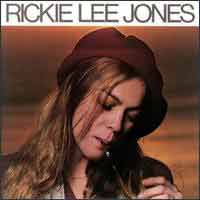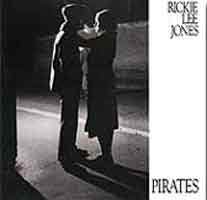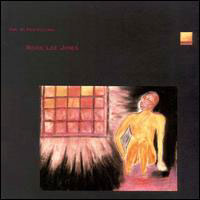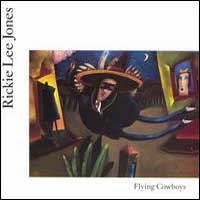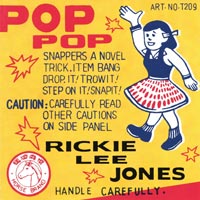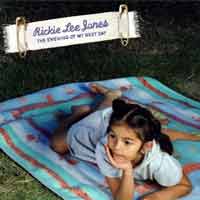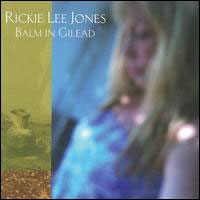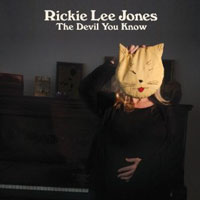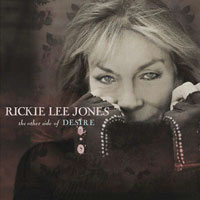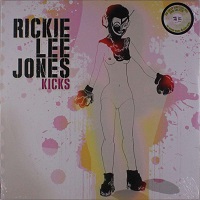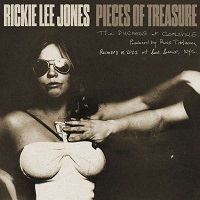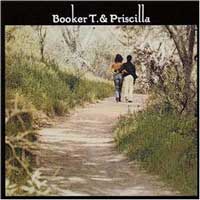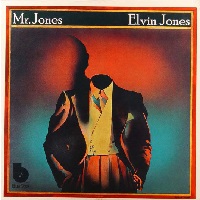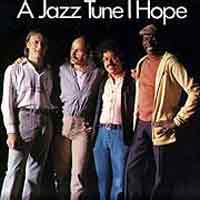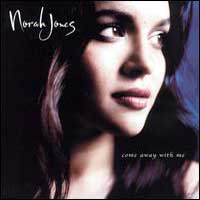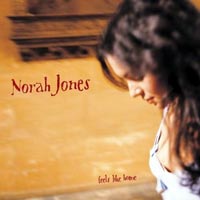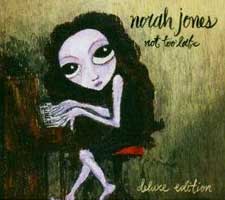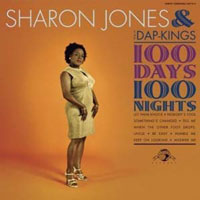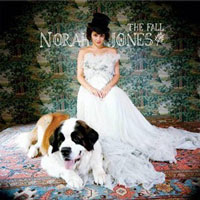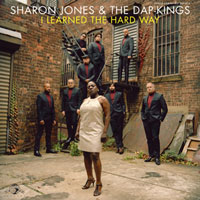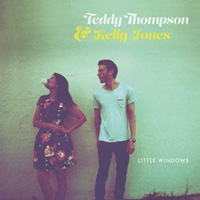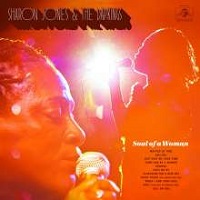|
Rickie Lee Jones wurde im November 1954 in Chicago geboren und um diese
Jahreszeit ist es dort verdammt kalt. Wahrscheinlich holte sich eine der
einflussreichsten Sängern der Pop-Geschichte schon damals als Neugeborene
einen Schnupfen, den sie im Gegensatz zu anderen Übelgeistern wie
Alkohol und Drogen bis heute nicht losgeworden ist. Die Patti Smith der
Westküste – sie lebt in Los Angeles – legt trotz dieser
gewöhnungsbedürftigen wie charmanten Stimme eines, wenn nicht
das beste Album ihrer langen, erfolgreichen Karriere ab.
Die Aufnahmen zu The Sermon On Exposition Boulevard begannen schon 2005,
als die Grand Dame des Folk-Rock eine Einladung des Künstlers Lee
Cantelon aka Pennyhead annahm, Passagen seines Buches The Words zu vertonen.
Das Konzept der nicht mit einer Bibelstunde zu verwechselnden Veranstaltung
bestand daraus, das befreundete Musiker einen Klangteppich legen und weitere
Gäste wie Mike Watt (fIREHOSE) oder Low aus dem Buch mit Thesen und
Lehren von Jesus Christus zitieren. Frau Jones hielt sich nicht daran
und sang anstatt zu lesen. Das Ergebnis heißt „Nobody Knows
My Name“ und eröffnet dieses wunderbare Album, das im Klangbildes
mit ihrer Diskographie bricht. Die gewohnt spirituellen Texte der nach
eigenen Aussagen nicht devoten Christin erfahren auf The Sermon On Exposition
Boulevard keine filigrane Vertonung, sie klingen spröde, bisweilen
brüchig, unpoliert, störrisch und nicht bis ins Detail modelliert.
Aber sie rocken und swingen, weisen deutliche Verbindungen zu Größen
der Pop-Geschichte auf. Den schon erwähnten Opener durchweht der
Geist von Velvet Underground, „Tried To Be A Man“ erinnert stark
an Tom Waits, mit dem sie mal Bett und Wohnung teilte. Das finale und
über 8 Minuten lange „I Was There“ ist eine Hommage an
Van Morrisons epochales Album Astral Weeks. The Sermon On Exposition Boulevard
könnte eines Tages im selben Atemzug genannt werden...
(Sven Niechziol, amazon)
|
|
Consulting theologians and Bible scholars during the 1990s, photographer,
writer, graphic artist, and everyday mystic Lee Cantelon (aka Pennyhead)
assembled a small book presenting the words of Jesus Christ (just Jesus'
words, not the stuff surrounding them) in a fitting translation called
The Words. He did it for the purpose of presenting those words to people
who were not "religious" — people who were put off by organized
religion or even offended by it. In 2005, using artist Marc Chiat's studio
(on Exposition Boulevard) as the recording space, he invited a number
of musicians to begin assembling backing tracks for a spoken word rendition
of his book (Mike Watt was just one participant, reading "The Harvest"
over the music). Rickie Lee Jones was invited to participate in the summer
of 2006, and in a matter of moments she changed the entire nature of the
project. Jones claimed she could not read the words with any authority,
but asked if she could sing them. She was left alone in a room with a
microphone and, without the text, completely improvised the words from
her heart. There were two tracks taken from those sessions, the opening
cut, "Nobody Knows My Name," and "Where I Like It Best."
Those two cuts appear here unchanged from the original recordings made
on Exposition Boulevard, as are two others ("I Was There," "Donkey
Ride") recorded later at Sunset Sound — first takes, no alterations.
The rest were done using the same basic principle, with The Words as the
inspiration. The end result is easily the most arresting recording of
Rickie Lee Jones' labyrinthine career. The songs Jones cut at Exposition
Boulevard sat on a shelf for a while, until she contacted producer Rob
Schnapf and asked him to recruit the same musicians to go further. The
sheer organic nature of some of these recordings is more akin to what
indie rock musicians would try to pull off because of budgetary constraints.
Understandable, but the end result here is something so completely unraveled,
moving, and beautiful, something so unexpected — even from a latter-day
Beat chanteuse like Jones — that it can only be called art. Certainly
many of these songs feel raw, but they are supposed to; it's not artifice,
it's inspiration. Check the opener, "Nobody Knows My Name,"
where a three-chord Velvet Underground-styled vamp gives way to Jones
as she channels Jesus walking through the streets of history and particularly
Los Angeles, as himself, as disguised as a suicide, as a player, as every
woman and man, and comes out truly anonymous. The pain in her voice when
she gets to the refrains is the wail we only get from her in live performances.
This is likewise the case in "Gethsemane," a tad — not
much — more polished, and once more with Jones as Jesus, here relating
the agonizing experience of the beginning of Jesus' moment of trial before
he has been handed over to be put to death. In her voice she says, "I'd
like to just sleep awhile" in near whimsy, but the agony is there.
In "Lamp of the Body," with Peter Atanasoff, Bernie Larsen,
and Joey Maramba in a combined Eastern and Western lilting rock groove
as intruding sounds enter the mix, Jones sings as Jesus with the lamp
of the body being the eye: "See the darkness shine/How great is the
dark/See the dark/And are there not 12 hours of daylight/But if you walk
by night/You will fall...." This gives way to the nearly pop-sounding
"It Hurts." This track simply has to be heard to be believed.
It rocks, it rolls, it stings and stabs, and it breezily calls forth all
the complex emotions of being human and divine. It's angry and tender,
uncertain and immediate.Is this "Christian" music? Not in any
CCM sense. It's punk rock, it's shimmering heat L.A back-court street
rock, it's back-porch rock, garage rock, and just plain rock. But Jones
is trying in her way to offer proof of the inspiration she found in Cantelon's
book, and to relate the humanity of the one called Jesus Christ as an
actual person, who is in and around every one of us, no matter how broken,
poor, angry, violent, deceitful, happy, or wealthy. There is no new agey
overtone to this set. And besides all that, it rocks, it rolls, it swings
and strolls. This is pop music from the jump, but it's pop that would
never, ever be considered for play anywhere except on the home jukebox.
And there is no Christian-ese; probably some fundamentalists who want
their God held above street level, up in the heavens, will find this offensive,
but that's too damn bad. The Sermon on Exposition Boulevard feels raw
and immediate, and most of all, it rings true. The music here was made
because Jones had to make it. There isn't any calculation here and New
West should be applauded for putting this baby on the market. The songs
on this record feel like they come from the street in order to go back
there, not to witness or testify, but simply to be there as a witness
to life in the process of spending itself.
The Jesus of this record isn't a Christian; he warns people (as he did
in the Bible) to be wary of the religious. It's very much a Los Angeles
album, but it translates in heart to Chicago, Detroit, New York City,
Miami, Baltimore, or anywhere else. On "Elvis Cadillac," the
hallucinatory Elvis, or perhaps Jesus, is writing a letter to his father
about all that has transpired and how he wishes he could just sing his
song; it's strange and winding and faltering and beautiful. On the closing
track, "I Was There," a nearly eight-and-a-half-minute tome
is performed completely solo on guitars and whispering keyboards in a
circular chord set that wouldn't have been out of place on Van Morrison's
Astral Weeks. She is speaking to Christ in reverie, in a love song of
a different kind, but a true love song nonetheless: "Most of all
I loved your hands/I loved them so much it hurt/And all the bartenders
knew your name/And all the pimps knew your car...and we were blessed/Yes
we are...and I was there where Jesus walked." What's amazing is how
easy to believe she is. She is speaking in her own kind of tongues here,
and we are all the richer for it. This is the least polished and crafted
recording of Rickie Lee Jones' career, and it stands alone in her catalog.
It's a ragged kid in ripped blue jeans singing her heart out to you without
drama or falsity. How can it be anything less than a masterpiece?
(by Thom Jurek, All Music
Guide) |
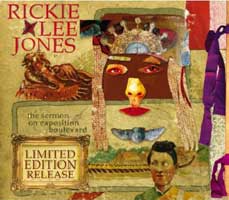 auf erweiterter Jahresliste
auf erweiterter Jahresliste  Plattentipp
Plattentipp 
